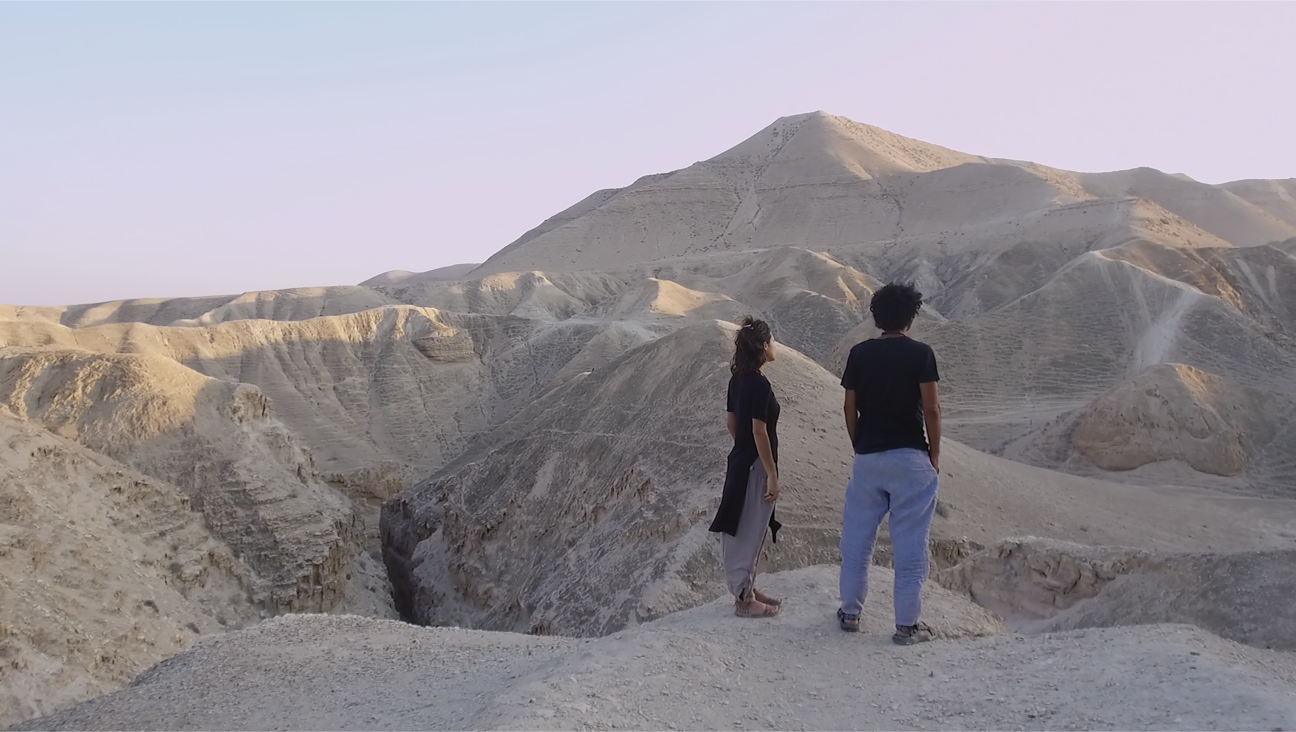The Rope Goldstone Threw to Israel
Like sharks entering a cove teeming with frenzied fish, loathers of Zion have opened their jaws wide and then, with delight, gripped their prey. For them, the Goldstone report is delectable, albeit it merely whets but does not satisfy their appetite. It confirms what they have known all along, that Israel is a criminal state, that its probationary period is long since over, that the time for its total isolation has come and the time for its collapse draws near.
There is no cure for these; their frenzy is beyond repair. Neither concessions nor logic, neither rhetoric nor policy, will quiet it. Whether their malady originates in antisemitism or in some other mad fervor hardly matters. It endures.
But what of the very many others, friends though not necessarily lovers of Zion? Even among the 25 (out of 47) members of the U.N. Human Rights Council that voted to forward the Goldstone report (technically, the Report of the United Nations Fact Finding Mission on the Gaza Conflict), there are a significant number for whom antipathy to Israel is not a foregone conclusion. (One thinks immediately of China, India, Russia, Brazil and Argentina.) They may have read the Goldstone document carefully, may even have read Israel’s own interim report as well. Some may be sympathetic to Israel’s argument that it went out of its way to avoid civilian casualties but that circumstances in Gaza were the major causes of the unintended casualties; they may agree that Israel’s ferocious attacks on Gaza’s infrastructure were reasonable, given the provocation. Most of these nations cast the vote they did for a variety of political, and economic, reasons, very distant from the substantive issues raised in the reports. They are not enemies of Israel, and it would be unfortunate in the extreme to lump them together with the sharks.
The urgent question that now confronts Israel is what to do about the decision to forward the Goldstone report to the U.N. Security Council. One can respond as Prime Minister Netanyahu has, either haughtily by saying, “We’re going to see to it that it’s vetoed” or with bluster, repeatedly asserting that there can either be a Goldstone report or a peace process, but that there cannot be both. Or, perhaps, as Tzipi Livni (remember her — foreign minister at the time of Gaza and head of the Kadima party?) has with a full-throated defense of Israel’s actions in Gaza. One can adopt the posture of Ari Shavit, one of Israel’s most prominent journalists, who opines that “the problem isn’t just Goldstone. The problem is the Goldstoners… [who] are not driven by an honest attempt to divide the land, create peace and establish universal justice that would apply to all nations. They are driven by a deep need to isolate Israel, condemn it and destroy it.”
All these responses miss the mark. The Goldstone report, with all its flaws, is a serious document that will haunt Israel for years to come. Its assertion that the death — no, call it the murder — of civilians was part of Israel’s intention is obviously inflammatory, and will inflame. But even without the particular outrage that assertion begets among Israel’s defenders, the detailed descriptions of Israeli excesses in specific situations are sufficient to give pause to all but the “Israel can do no wrong” crowd.
There is only one way to mitigate the damage. It is a way now reportedly proposed by Israel’s Ministry of Foreign Affairs and its Ministry of Justice. It is, in fact, a safety line handed to Israel by Judge Goldstone himself. Goldstone, who seems awkwardly entangled in the aftermath of the report, has now said, and more than once, that if only Israel will accept the key recommendation of the report, the issue will fade from the international agenda.
The recommendation? That Israel appoint its own independent body to conduct a thorough investigation of the Gaza war. Israel has, after all, an impressive tradition of independent commissions of inquiry. Why not this time?
“Why not this time?” is not a rhetorical question. If Israel refuses to appoint such a commission, its refusal will not be seen as an assertion of sovereignty; it will be seen as a cover-up, the suspect in a crime refusing to provide a sample of his DNA. But if it does appoint such a commission, even if the commission finds Goldstone riddled with error, one may anticipate that many heads will roll. All those dead in Gaza — somewhere between 1,100 and 1,400 Gazans — may not have been “murdered,” but they are quite dead, and among them are some dozens of children under the age of 6 (the precise number is under dispute). At what point does “collateral damage” morph into something more sinister — say, for example, recklessness?
Minister of Defense Ehud Barak, now returned from a lavish junket to Paris, wants to be sure that any investigation not derogate from the IDF’s authority to investigate itself. Goldstone, and, presumably, the rest of us should insist, for Israel’s sake, that there be a full-scale and unimpeachably independent commission of inquiry.
A message from our Publisher & CEO Rachel Fishman Feddersen

I hope you appreciated this article. Before you go, I’d like to ask you to please support the Forward’s award-winning, nonprofit journalism during this critical time.
We’ve set a goal to raise $260,000 by December 31. That’s an ambitious goal, but one that will give us the resources we need to invest in the high quality news, opinion, analysis and cultural coverage that isn’t available anywhere else.
If you feel inspired to make an impact, now is the time to give something back. Join us as a member at your most generous level.
— Rachel Fishman Feddersen, Publisher and CEO























